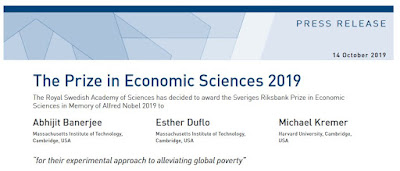Behavioural Economics meets Electronic Communications: Working with telecoms regulatory specialists Cullen International as part of a training programme for BEREC
I’m delighted to be working with Cullen International on creating and delivering a workshop on behavioural economics and telecoms regulation as part of a major training programme for BEREC, the Body of European Regulators for Electronic Communications.
BEREC’s mission is ‘to foster the independent, consistent and high-quality regulation of digital markets for the benefit of Europe and its citizens,’ and the Cullen International training programme is in support of that mission.
It’s a particular pleasure for me to be linking up my current practice and research area of behavioural economics with my former life in Telecoms, Media and Technology, as shown in the graphic below.More information on the content that I will be delivering in May and June 2021 is in the following section.
Key concepts from behavioural economics, and some implications for telecoms regulation
Economic policy in regulated markets has historically
focused on removing barriers to entry and facilitating effective competition.
Standard economic theory holds that consumers will then exercise their
sovereignty to bring about optimum outcomes, both for themselves and for
society as a whole.
Behavioural economics seeks to explain why this might not
work in practice, by bringing insights from psychology and other behavioural
sciences into an economic framework to explain why consumers behave the way
they do.
This can help us to understand how consumers may make
choices which may not conform to economic rationality and are not always in
their own best interests., due to factors such as:
- Cognitive and
behavioural biases
- Limited time and
decision-making capacity
- The influence of others
- The role of emotions
and stories
- The impact of heuristics,
or ‘rules of thumb,’ as drivers of decision making.
These factors are compounded in ICT markets where choosing
the right product or services can be more difficult because of complexity and
fast-changing technology.
As behavioural economics becomes main-streamed,
informing policy-making and regulation around the world, this training session
will draw on work by key figures including Daniel
Kahneman and Richard Thaler to outline some key findings. The session will:
- Compare and contrast standard economics and behavioural economics
- Set out the main premises of behavioural
economics, by reviewing factors not included in standard economics, such as
heuristics, biases and mental shortcuts, loss aversion, defaults and framing
- Consider
what behavioural economics means for consumer behaviour and effective markets
- Suggest
how behavioural economics could help TMT regulators make policy and regulation
more effective.












